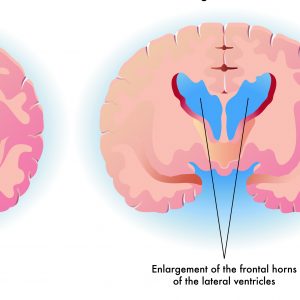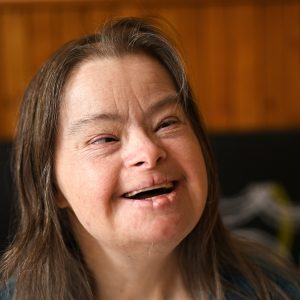What is Huntington's Disease and Understanding it's link to Alzheimer's
May is Huntington's Disease (HD) Awareness Month, sponsored by the Huntington's Disease Society of America. This often unknown and misunderstood disease and it's link to Alzheimer's symptoms is worthy of discussion. Let's delve into understanding Huntington's Disease.







